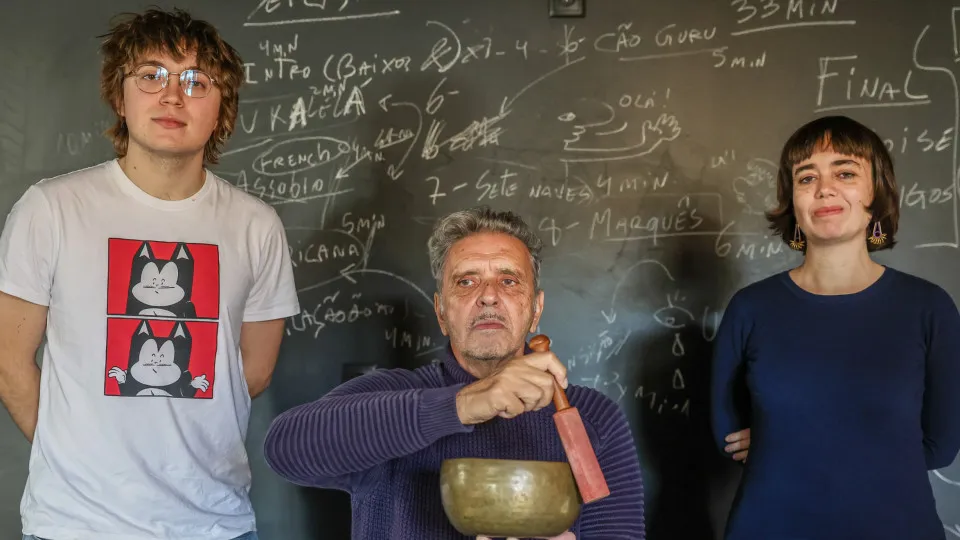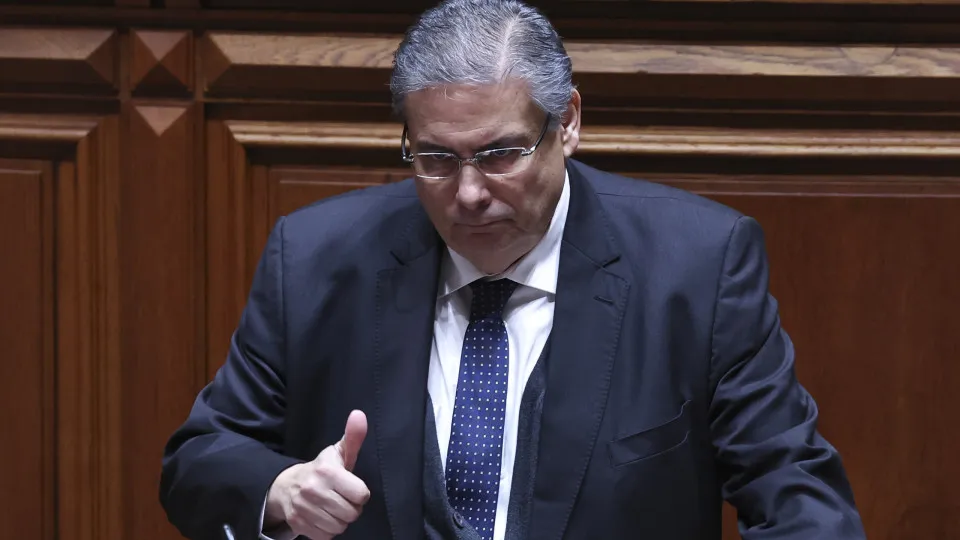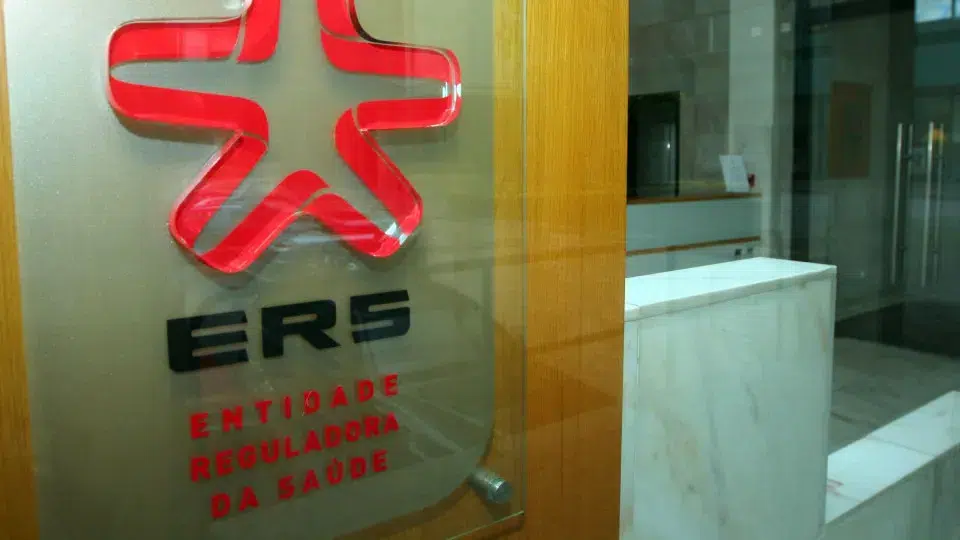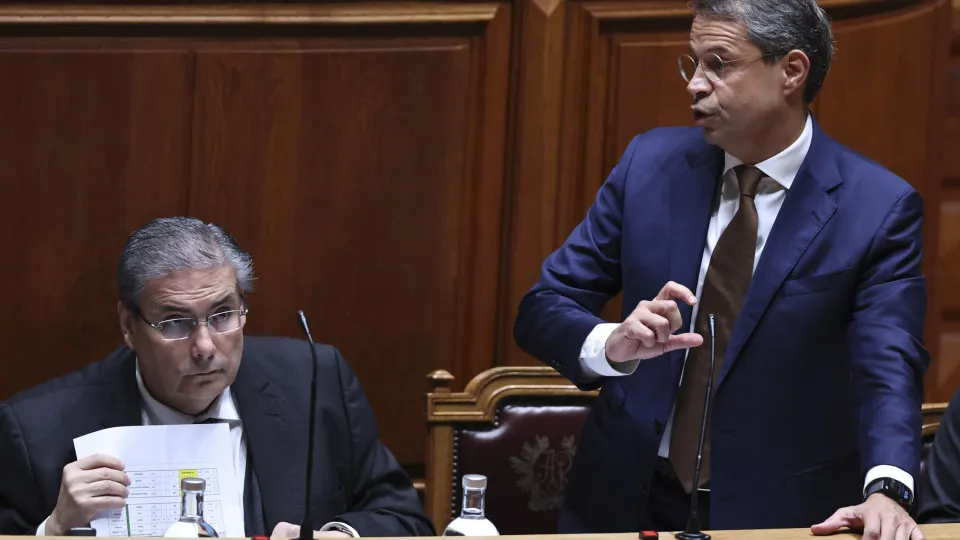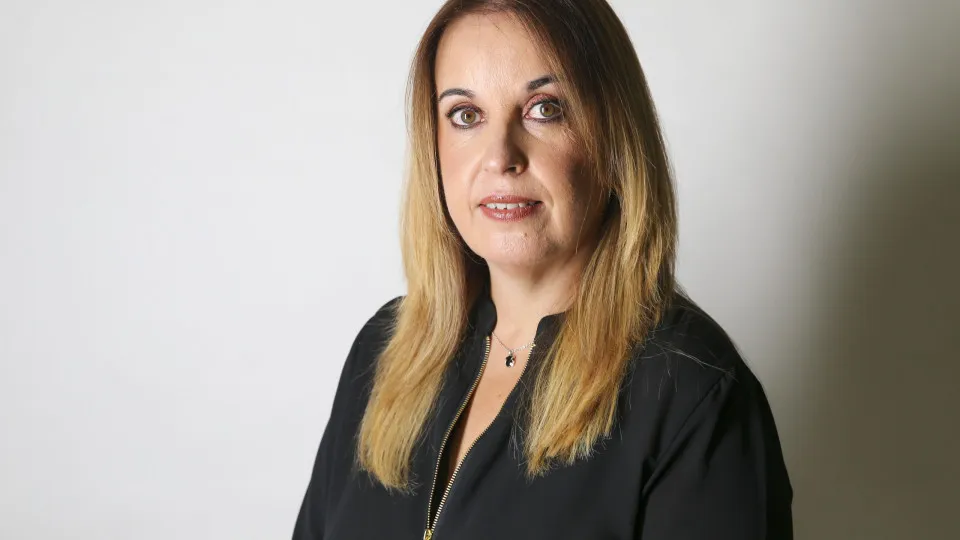
The “Igreja Mais Segura” initiative aims to enhance the protection of children, young people, and vulnerable adults, while fostering greater visibility and community transparency, stated Rute Agulhas.
Rute Agulhas made these remarks on the sidelines of the international congress “From Reflection to Action: The Role of the Catholic Church in Preventing and Responding to Sexual Violence,” currently being held in Fátima.
The VITA Group, established by the Portuguese Episcopal Conference to address sexual abuse cases within the Catholic Church, is an independent entity dedicated to welcoming, listening, supporting, and preventing sexual violence against children and vulnerable adults within the Church context.
According to Rute Agulhas, the project is divided into two phases. In the first phase, various Church entities publicly commit to joining this network.
“By joining and making this commitment, they essentially agree to a set of principles, which will be signed by each entity,” Agulhas explained. These entities will conduct “a self-assessment, a self-diagnosis” to evaluate existing good practices and identify areas for improvement.
In this initial phase, participating entities receive a poster, to be publicly displayed, serving as a charter of principles.
The second phase is set to begin next year. It involves developing an external audit system based on the self-assessment completed by each participating entity, such as schools, parishes, social and parish centers, youth groups, scouts, or any other Church structure. This audit system aligns with recommendations from the Vatican for all countries worldwide.
“The audit system will consist of a team including not only VITA professionals but also independent experts from various fields, invited for this purpose,” Agulhas added, emphasizing that victims and survivors will also be involved.
The VITA Group coordinator clarified that the audit system will assess whether “corrective and improvement measures are being implemented,” noting that minimum standards will be established.
Entities that meet these minimum requirements will receive the “Igreja Mais Segura” protective seal.
The coordinator emphasized that the seal signifies compliance with several requirements, including the presence of a reporting channel, preventive measures, safe recruitment, training, capacity building, and careful management of physical spaces.
Agulhas asserted that the seal is a “guarantee” to the community that “the space and the entity are indeed safe.”
“We strongly feel the need for visibility and transparency to the outside,” she remarked, noting that “some entities are already implementing protective and preventive measures, but outsiders may not be aware and may mistakenly believe that all entities are at the same level, which is not the case.”

